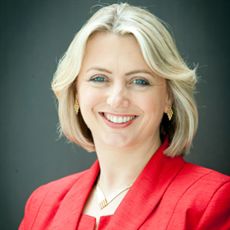I think this organisation and its medical team should be asked for a statement about their reading of NG206 bearing in mind CCG enthusiasm to embrace the principle behind their approach.
College of Medicine Trustees
e.g.
Dr Michael Dixon LVO, OBE, MA, FRCGP
Michael is a Devon GP and Co-Chair of the National Social Prescribing Network. He has held numerous national leadership roles including:- The first Chair of NHS Alliance (1998-2016), President of NHS Clinical Commissioners and as a leader within the GP/clinical commissioning movement. He is currently Chair of the College of Medicine, Chair of The Institute for Social Prescription and Medical Advisor to HRH The Prince of Wales. He is Visiting Professor at University College London and at the University of Westminster, a Senior Fellow in Public Policy (University of Birmingham) and an Honorary Senior Lecturer (Peninsula Medical School Exeter). He is author of “Time to Heal” Unicorn Press Nov. 2020.
9th floor Borough Wing, Guy’s Hospital, Great Maze Pond, London, SE1 9RT
Registered office: c/o West & Berry, Mocatta House, Trafalgar Place, Brighton, BN1 4DU
info@collegeofmedicine.org.uk
0844 873 7388
Privacy and Cookie policy
Disclaimer
Contact Us
The College of Medicine is a registered charity in England and Wales (1145676). Company number: 07081491

